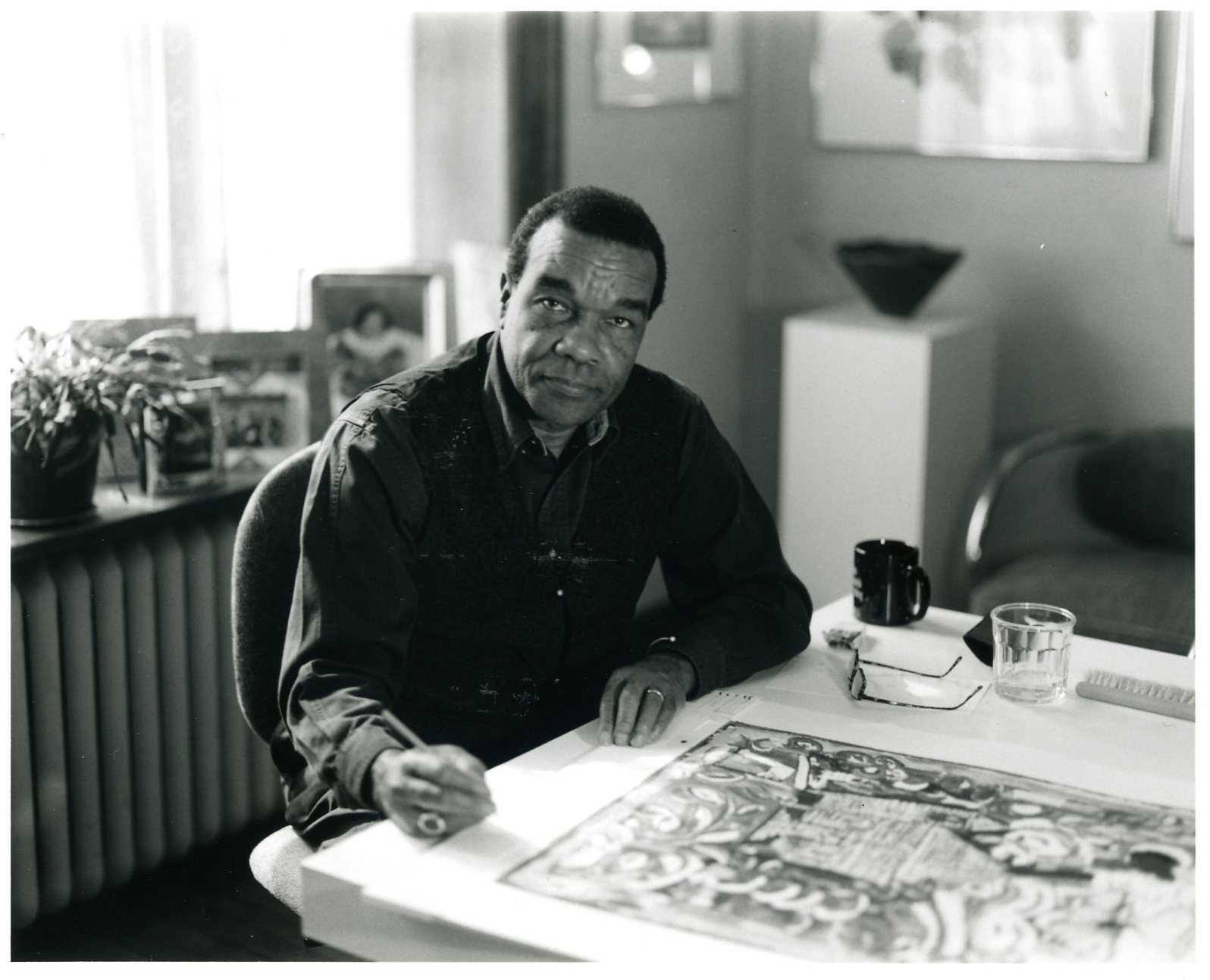histmss-074987-0032
Facsimile
Transcription
ADVANTAGES OF SPECIALTIES.
But we do not adopt the humbug plan of representing that they
will cure all diseases.
There are many chronic diseases for which we do not recom-
mend any of our proprietary medicines, and, which we know
from vast experience, can only be successfully treated by specially
preparing and adapting medicines to each individual case. Our
practice embraces the treatment of many thousands of such cases
annually, and it is more especially the complicated, obstinate,
and difficult cases, and those requiring skillful surgical opera-
tions, in which we have won our greatest success and wide-spread
celebrity.
Not necessary to see Patients.
By our original system of diagnosis, we can treat many chronic
disease just as successfully without as with a personal consulta-
tion. While we are always glad to see our patients, and become ac-
quainted with them, show them our mammoth institution, and ac-
quaint them with out system of treatment, yet we have never seen
one person in five hundered whom we have cured. The perfect
accuracy with which scientists are enabled to deduce the most
minute particulars in their several departments, appears almost
miraculous, if we view it in the light of the early ages. Take,
for example, the electro-magnetic telegraph - the greatest in-
vention of the age. Is it not a marvelous degree of accuracy
which enables an operator to exactly locate a fracture in a sub-
marine cable nearly three thousand miles long? Our venerable
"clerk of the weather" has become so thoroughly familiar with
the most wayward elements of nature that he can accurately pre-
dict their movements. He can sit in Washington and foretell what
the weather will be in Florida or New York, as well as if several
hundered miles did not intervene between him and the places named.
And so in all departments of modern science, what is required is
the knowledge of certin signs. From these, scientists deduce ac-
curate conclusions regardless of distance. So also, in medical
science, diseases have certain unmistakable signs, or symptoms, and
by reason of this fact, we have been enabled to originate and per-
fect a system of determining, with the greatest accuracy, the nature
of chronic diseases without seeing and personally examining our
patients. In recognizing diseases without a personal examination
of the patient, we claim to possess no miraculous powers. We ob-
tain our knowledge of the patient's disease by the practical appli-
cation of well-established principles of modern science to the
practice of medicine. And it is to the accuracy with which this
system has endowed us that we owe our almost world-wide repu-
tation for the skillful treatment of all lingering, or chronic, affec-
tions. This system of practice, and the marvelous success which
has been attained through it, demonstrates the fact that diseases
display certain phenomena, which, being subjected to scientific
analysis, furnish abundant and unmistakable data to guide the
judgement of the skillful practitioner aright in determining the
nature of diseased conditions. The amplest resources for treating
lingering, or chronic, diseases, and the greatest skill, are thus
placed within the easy reach of every invalid, however distant he
or she may reside from the physicians making the treatment of
such affections a specialty. Full particulars of our original
scientific system of examining and treating patients at a distance
are contained in the "People's Common Sense Medical Adivser"
(sent post-paid for $1.50), also in the "Invalids' Guide Book" (sent,
post-paid, on receipt of one stamp).
Advantages of Specialties.
By thorough organization and subdividing the practice of medi-
cine and surgery in this institution, every invalid is treated by
a specialist - one who devotes his undivided attention to the par-
ticular class of diseases to which the case belongs. The advan-
tage of this arrangement must be obvious. Medical science offers
a vast field for investigation, and no physician can, within the brief
limits of a single life-time, achieve the highest degree of success.
30
Notes and Questions
Nobody has written a note for this page yet
Please sign in to write a note for this page

